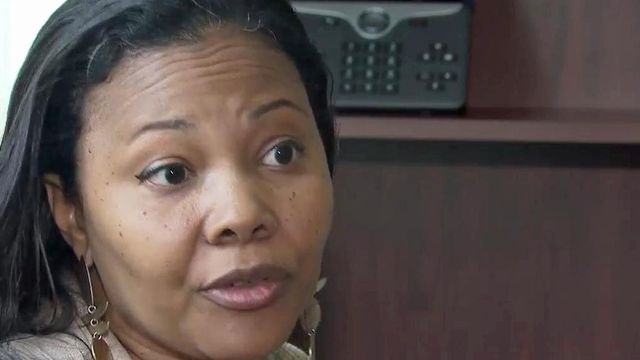Counselors: Streaming shows require close parental supervision
As Netflix prepares to launch the second season of a show laden with very heavy themes, parents and teachers are struggling with how to set boundaries in the age of streaming TV.
Posted — UpdatedAs Netflix prepares to launch the second season of a show laden with very heavy themes, parents and teachers are struggling with how to set boundaries in the age of streaming TV.
"13 Reasons Why," a show about teen suicide, proved so popular that Netflix is bringing it back for a second season, starting May 18. That has set off warnings for parents that the themes that so attract teens – bullying, sex, drugs – can also trigger them.
But he acknowledges that streaming shows are less likely to be shared by the family, watching together on the television.
"The concept of trying to stop your kids from seeing something that can be streamed on the internet is much like trying to stop the flow from a firehose with your bare hands," he said.
Cary Academy counselor Kelly Wiebe said her school took similar precautions. When the first season of the show came out, the Cary Academy sent a notice to parents giving them a heads-up on the content and encouraging them to discuss the show with their kids.
"I think that's the part, the key to making this, and helping your child to be able to interpret what's happening and to be able to look at it in a broader perspective," she said.
They followed up with a notice about the soon-to-debut second season.
"We sent out notices to parents before the first show that the season was out and parents should be aware," she said.
Community youth advocate Shelia Reich says the show deals with topics like suicide, rape and school violence that could be dangerous for children who have experienced trauma or depression.
"This may end up being a trigger in a way that it may or may not be for other audiences," Reich said.
"We don't always have the opportunity to know when people are struggling, and so for that perspective it's not something we would condone or advocate for this audience.
"We don't ever want to see young people feel like suicide is the answer to a problem," she said.
Related Topics
• Credits
Copyright 2024 by Capitol Broadcasting Company. All rights reserved. This material may not be published, broadcast, rewritten or redistributed.






